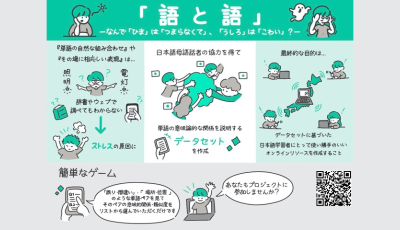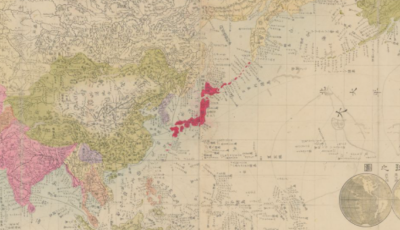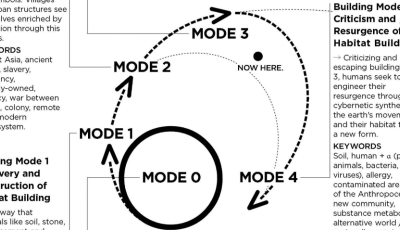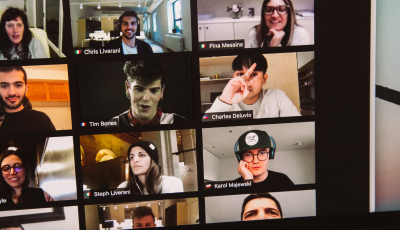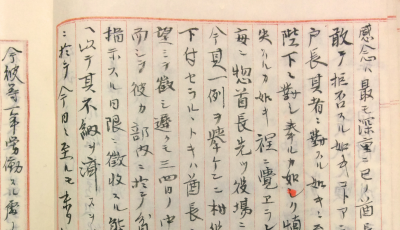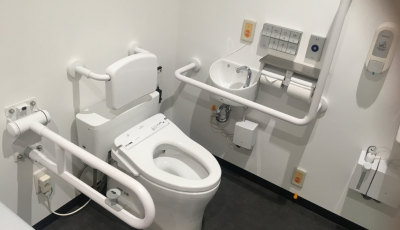Designing for Gender Equity in Online Freelancing

Women across the globe face disproportionate challenges receiving equal pay due to a lack of flexibility in work schedules and ambiguities in the salary negotiation process (Bowles et al., 2015). Online labor marketplaces, like Upwork.com and Freelancer.com, have the potential to reduce some of these gender biases. These websites allow millions of people to post professional profiles from anywhere in the world, connect to paying clients, and apply to short-term freelancing projects, from building a website to performing hourly administrative work. These flexible work opportunities, transparency in pay rates, and online methods for negotiation could help mitigate gender gaps in pay and negotiation.
However, my recent work suggests that women online still ask for lower pay rates than men (Foong et al., 2018), even though they report relying on similar pricing strategies overall (Foong et al., 2021).
To better understand women’s perceptions of the rate-setting and negotiation process in online labor marketplaces, I am leading a design-based research study with collaborators and research assistants at Carnegie Mellon University, the University of Albany and Northwestern University. We are triangulating data from freelancer communities on Reddit.com, survey data from 99 freelancers, and insights from 19 participatory design workshops with female freelancers in 5 continents. Our goal is to understand ambiguities in rate-setting and negotiation online and learn about the different challenges men and women perceive in negotiation and rate-setting.
Our preliminary findings paint online labor marketplaces as a “perfect storm” of factors that contribute to gender gaps in pay rates and negotiation by simultaneously: 1) perpetuating ambiguity around negotiation and work processes, 2) reducing freelancers’ power and increasing their risk to engage in negotiation or communication with clients, and 3) enforcing the importance of communication and cooperation with clients to maintain desirability in the marketplace. Next, we will work with freelancers to design novel, tech-driven ways to support women in overcoming challenges in negotiation and rate-setting online.
Past Work
Eureka Foong and Elizabeth M. Gerber. 2021. Understanding Gender Differences in Pricing Strategies in Online Labor Marketplaces. Proceedings of the 2021 CHI Conference on Human Factors in Computing Systems (CHI ‘21) -Honorable Mention Award https://doi.org/10.1145/3411764.3445636
Eureka Foong, Nicholas Vincent, Brent Hecht, and Elizabeth M. Gerber. 2018. Women (Still) Ask For Less: Gender Differences in Hourly Rate in an Online Labor Marketplace. Proc. ACM Hum.-Comput. Interact. 2, CSCW, Article 53 (November 2018), 21 pages. DOI: https://doi.org/10.1145/3274322




